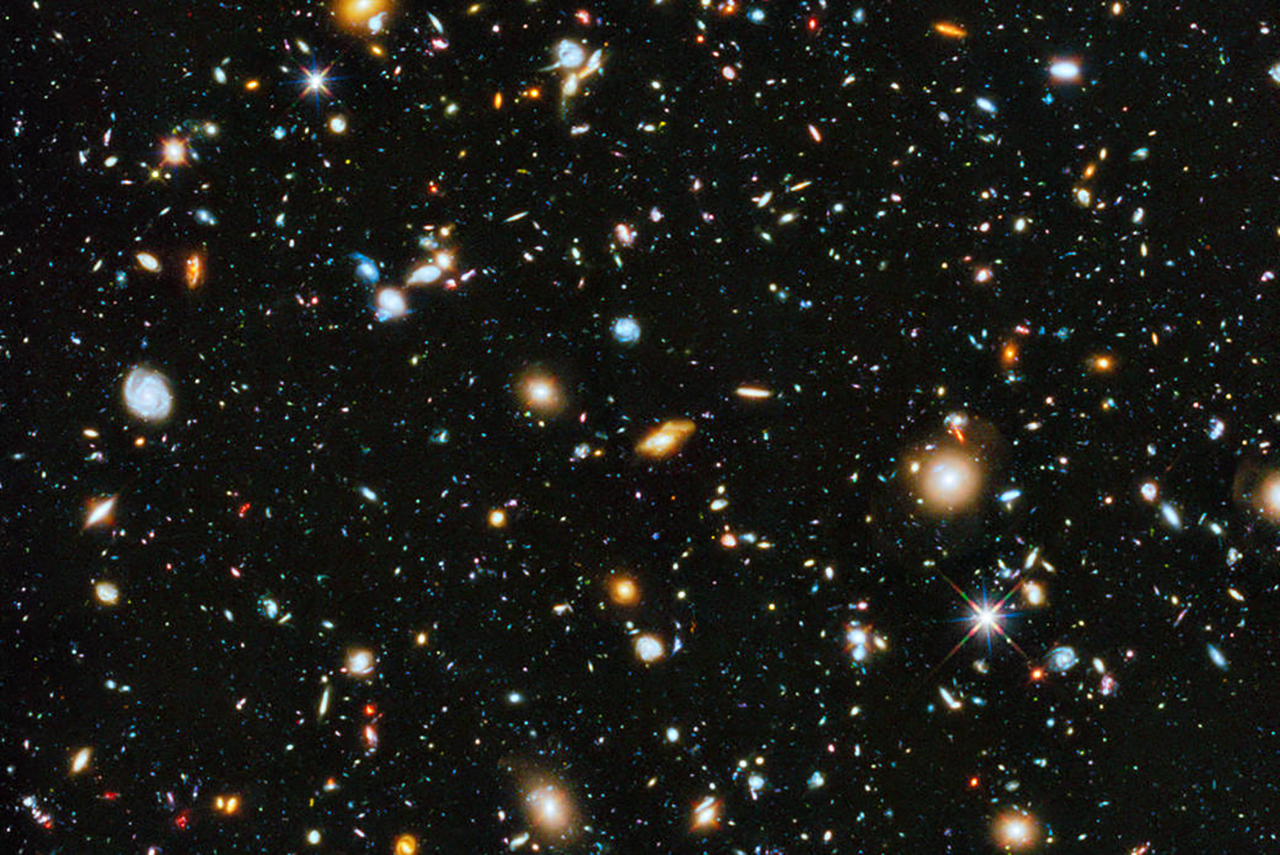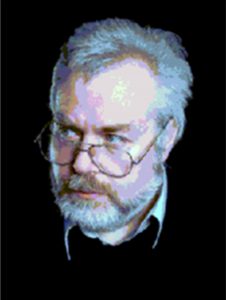Can you tell us about the fractal features/structure of our galaxy/universe?
Fractals are mathematical sets displaying a repeating pattern at every scale. Some speculated that the universe itself is fractal in nature, with ever-and-ever greater structure moving toward infinity.
This idea conflicts with the big bang theory, which predicts that at the largest scales clustering ends and the universe looks the same in every direction. This view is not only based on Albert Einstein’s theory of general relativity and astronomical observations, but also high-energy physics. Here researchers smash subatomic particles together at nearly the speed of light, briefly duplicating conditions shortly after the big bang. High-energy physics gives us some understanding of the universe at its most fundamental level, although many questions remain.
Einstein’s general theory of relativity has been endlessly challenged and verified over the past century. The final and most difficult prediction to be tested was the existence of gravitational waves. These were verified by the LIGO (Laser Interferometer Gravitational-Wave Observatory) project.
Still, might the universe be fractal in nature? This would overturn the big bang theory, with its smooth universe. The answer is no. This was recently revealed by astronomer Morag Scrimgeour of the International Centre for Radio Astronomy Research at the University of Western Australia, in Perth.
Scrimgeour and her colleagues have just finished compiling the results of the WiggleZ Dark Energy Survey. The research is soon to be published in the Monthly Notices of the Royal Astronomical Society journal. The team meticulously studied the distribution of 200,000 galaxies, located within a cubic volume of space 3 billion light years to a side. What the researchers found is that at this scale the galaxies are evenly distributed, just as the big bang theory predicts. This is not what we would expect if the fractal hypothesis of the universe is correct.
Does this mean that we have all the answers related to the nature of the universe? No, far from it! Others will want to verify the WiggleZ results. And profound questions about the nature of the universe remain, including the mystery of dark matter. Still, our confidence in our current theories deepen as those ideas withstand new tests.
Thomas Willmitch, director, Illinois State University Planetarium
Our top faculty experts answer questions from the Illinois State University community in the “Ask a Redbird Scholar” section. To submit a question, email Kevin Bersett at kberse@IllinoisState.edu or tweet it to @ISUResearch. Chosen questions and answers appear in each issue of Illinois State’s new research magazine, the Redbird Scholar. To read other “Ask a Redbird Scholar” posts, visit IllinoisState.edu/RedbirdScholar.


